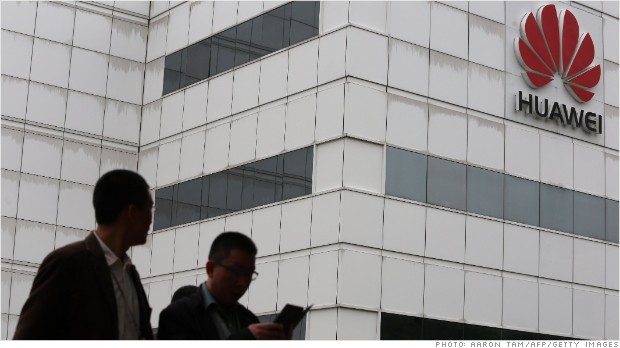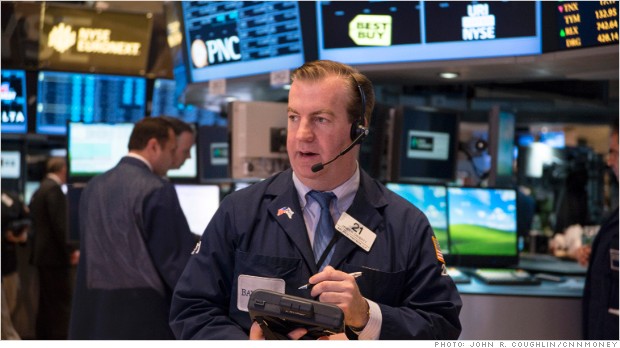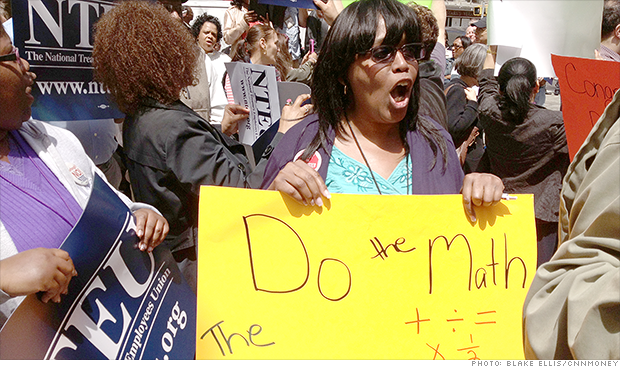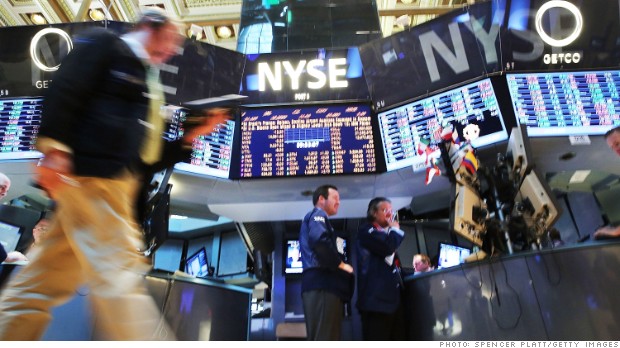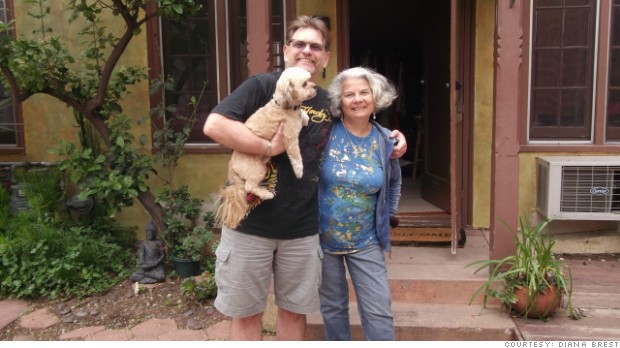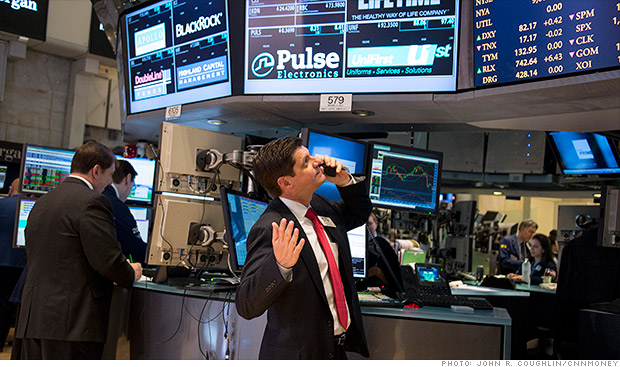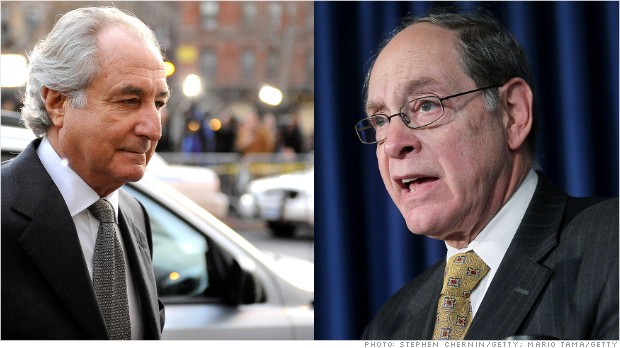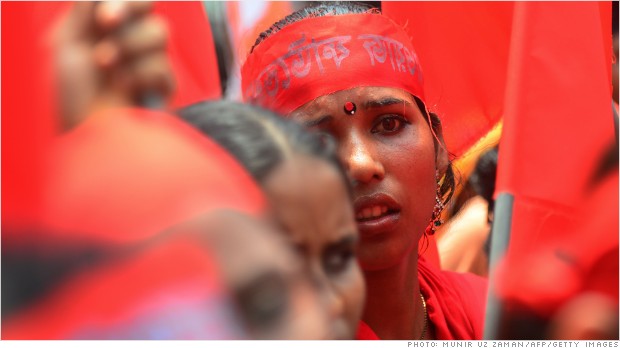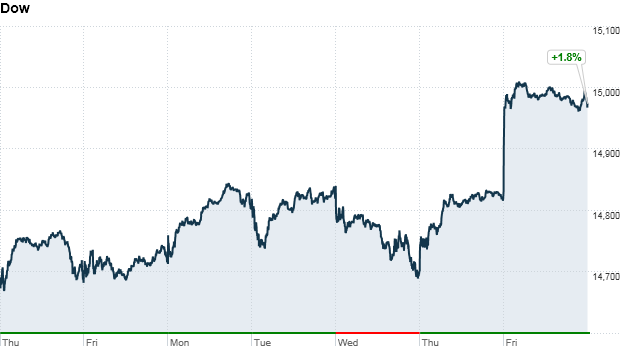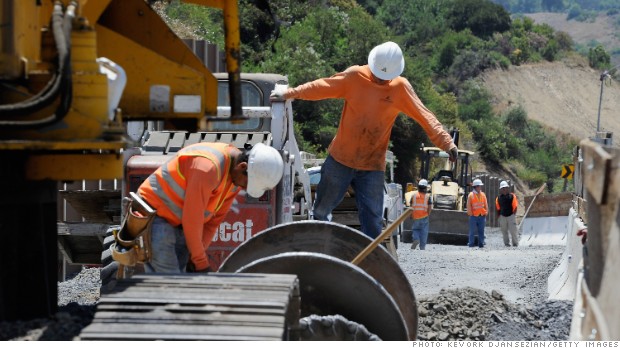
The Tesla Model S is a nearly perfect car, according to Consumer Reports, with the only issue being its need to recharge which could be a problem on long-distance trips.
NEW YORK (CNNMoney)
The Tesla Model S is about as good as a car ever gets, according to Consumer Reports magazine. The Model S, an all-electric plug-in car, earned a score of 99 out of a possible 100 in the magazine's tests.
The Model S has already won awards from car magazines like Motor Trend and Automobile, but Consumer Reports is widely regarded as being the most influential magazine among car shoppers. Consumer Reports, published by the non-profit group Consumer's Union, purchases all the cars it tests and does not accept paid ads.
The score of 99 means the Tesla Model S, a sedan that can seat as many as seven people, performed as well or better than any automobile the magazine has ever tested. The score is not unprecedented -- most recently, it was earned by the Lexus LX460 in 2009 -- but no car at any price has ever scored higher.
The only reason the Model S didn't earn a perfect score was that it needs time to recharge. Depending on price, the Model S has driving range of between 208 and 265 miles. A full charge takes about six hours from an ordinary 240 volt outlet, according to Tesla.
"If it could recharge in any gas station in three minutes, this car would score about 110," said Jake Fisher, head of auto testing for Consumer Reports.
The Model S tied for the quietest vehicle the magazine has ever tested, was among the most energy-efficient and had excellent scores for acceleration, braking and ride quality.
Gallery - 6 greenest cars in America
"We don't get all excited about many vehicles," said Fisher, "and with this car we really did."
The magazine's raves for the Model S stand in sharp contrast to the treatment received by the competing Fisker Karma which the magazine pilloried, calling it "plagued with flaws." Fisker is now in dire financial trouble.
On other hand, Tesla just announced its first profit and raised sales forecasts for the Model S.
Industry analysts have credited the quality of the Model S, in part, with Tesla's early success in an industry that has not been kind to start-ups. Just recently electric car maker Coda Automotive went under and plug-in car maker Fisker is near its demise. Tesla, meanwhile, is financially healthy thanks to good sales of the Model S plus deals it's reached to supply components to major automakers like Toyota and Daimler as well as sales of electric car credits, earned under California regulations, to other automakers that sell fewer electric cars.
Tesla had previously stated a goal of selling 20,000 Model S cars this year and has now raised that goal.
The question remains whether the car will continue to sell well in the long term, said Todd Turner, an industry analyst with Car Concepts in California. A lot of that will depend on the longer-term dependability of its battery technology, he said.
"All kinds of cars have complexities," he said. "Everything has to work for a very long period of time."
Consumer Reports isn't recommending the Model S, though. At least not yet. To be recommended, a car has to have at least average "predicted reliability," something that's based on reader surveys. Also, a car has to have good crash test scores from the government and from the privately funded Insurance Institute for Highway Safety. Consumer Reports has not yet collected enough data to rule on the Model S's reliability.
So far, the magazine itself has had a couple of minor issues with its test car, Fisher said, including a radio problem that was fixed by an overnight over-the-air software download and a cracked windshield.
To maintain its momentum, Tesla will need to move beyond this car, said Ed Kim, an analyst with the auto marketing consulting firm AutoPacific.
"Ultimately, Tesla's going to have to transition from building six-figure cars for bleeding-edge early adopters to making a car for a more general audience," Kim said.
Tesla's next vehicle is supposed to be the Tesla Model X crossover SUV but, after that, the company's plans call for a less expensive car and, possibly, other products. ![]()
First Published: May 9, 2013: 6:01 AM ET
